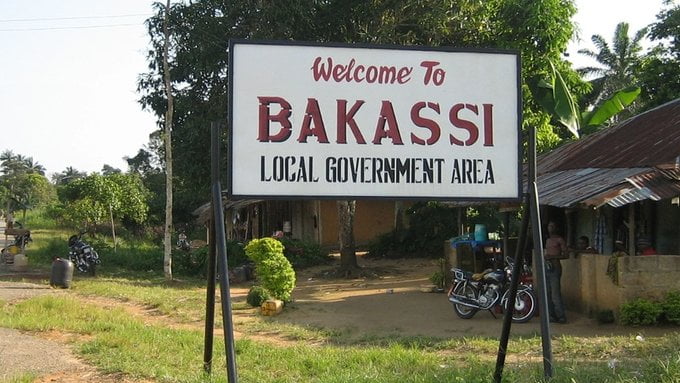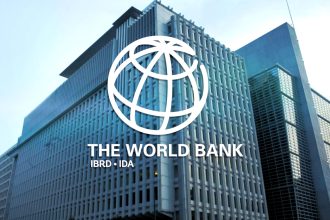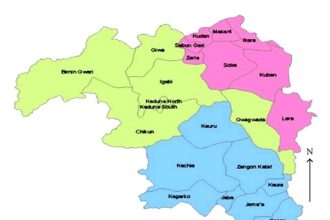The resolution between Cameroon and Nigeria to resolve the long-standing border conflict is a positive development that will bring significant benefits to both nations and enhance peace in the West African sub-region.
The decision was highly anticipated to ease tensions at the borders.
The conflict over the Bakassi peninsula, which holds substantial value in terms of oil reserves, security, commerce, agriculture, transportation, and other activities, disrupted the peaceful diplomatic relations between Nigeria and Cameroon for decades.
The conflict resulted in the loss of over 70 lives and was eventually taken to the International Court of Justice (ICJ), which ruled in favor of Cameroon.
Following the ruling, it is crucial to clearly mark the Nigerian-Cameroonian border to conclusively resolve the dispute.
The Yaounde pact to diplomatically settle the disagreement without resorting to court rulings is commendable.
The dispute originated after both countries gained independence in 1960 and needed to determine their boundaries. The British Cameroon’s status was unclear, leading to a United Nations-supervised plebiscite. The northern part opted to stay with Nigeria, while the southern part chose reunification with Cameroon.
Consequently, the northern British Cameroon became part of Nigeria, and the southern part joined Cameroon, but the land and maritime borders between Nigeria and Cameroon remained undefined.
The Bakassi Peninsula, rich in oil and gas reserves, was the focal point of the conflict, with Nigeria asserting ownership based on agreements with local chiefs, while Cameroon argued for 1913 border agreements by Britain and Germany.
Tensions heightened at the border, leading to near-conflicts in the 1980s, particularly in 1981 and 1987. Several incidents occurred, including clashes and alleged kidnappings, exacerbating the situation until Cameroon took the matter to the ICJ in 1994. The ICJ ruled in Cameroon’s favor in 2002, confirming the 1913 border as the official boundary.
Despite initial reluctance, Nigeria accepted the judgement, and efforts to demarcate the border commenced but were not completed by February 2021 due to challenges, including activities of Boko Haram near the borders.
In a recent meeting, both countries decided to forego court rulings and instead collaborate on validating a demarcation plan on-site to resolve the border dispute by the end of 2025. The Cameroon-Nigeria Mixed Commission, established by the United Nations, will oversee this process, aiming for a peaceful resolution.
The commitment of both countries to respect the ICJ verdict and subsequent agreements is vital to prevent future clashes as the demarcation progresses.
Adequate support for the Mixed Commission, careful military and police activities at the border, and preparations for resettlement of affected individuals are crucial steps toward achieving lasting peace and resolving the border feud.









